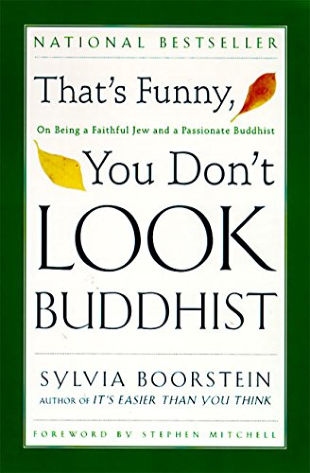"Intensive mindfulness retreat practice seems to me a particular form of prayer. I tell students, 'We have a liturgy of silence.' Silence is a tool, a context for direct, personal, intuitive understanding of how things are. Silence isn’t Buddhism, and it isn't mindfulness, but it is one aspect of what drew me and many others to Buddhist meditation practice. Its great overriding value is the support it provides for insight, but its immediately evident value is, it's a relief!
"I recall a question a student asked Jack Kornfield midway in a retreat very early in my own practice. The student was wearing clothing that identified her as a member of a religious community. She said, 'This practice is so dry. No chanting. No ritual. Where is the bhakti (devotion) in this practice?' And Jack said, 'I think this is the most bhakti practice of all. You sit down and say 'Here I am, God. Do whatever you want with me.' Jack's answer informed my practice enormously. I understand it both as an instruction and as a wisdom teaching. Everything is manageable.
"Silence supports paying close attention, which makes it possible to experience directly the truth of how things are. Revelation is a word I like a lot. I could hear about insights — that attachment causes suffering — any number of times; until I experienced, directly, the pain of attachment and the freedom (nonpain) of nonattachment, I continued my mind habit of clinging. Hearing about liberation was inspiring, but my experience has been that I needed to feel trapped and feel free — over and over again — for change to begin to happen.
"Being silent for me doesn't require being in a quiet place, and it doesn't mean not saying words. It means, 'receiving in a balanced, noncombative way what is happenings.' With or without words, the hope of my heart is that it will be able to relax and acknowledge the truth of my situation with compassion."
Back to reading a full review of this book.
